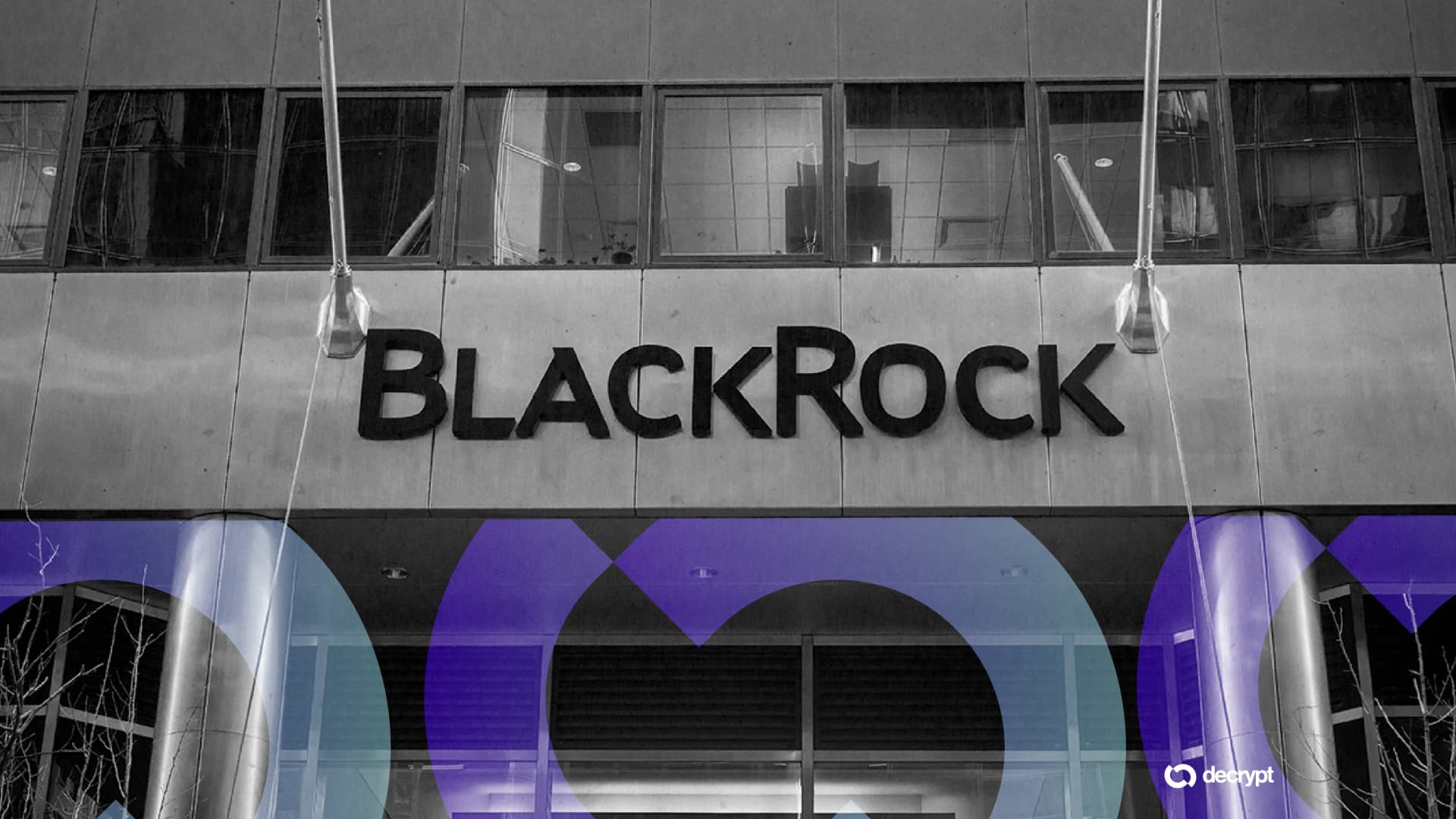BlackRock Expands Stablecoin Push With Fund to Manage Reserve Assets

News Summary
BlackRock announced it will retool its BlackRock Select Treasury Based Liquidity Fund (BSTBL) to specifically serve U.S. stablecoin issuers, making it an approved reserve asset under the recently passed GENIUS Act. The fund will remove agency investments, shorten the maturity of its U.S. Treasury investments, and add overnight repurchase agreements as an eligible asset to ensure compliance with GENIUS and maximum liquidity. This move comes in response to increased demand from stablecoin issuers for liquid, compliant reserve assets following the Act's passage. BlackRock aims to position itself as a preferred reserve asset manager in the digital payments ecosystem. This development is part of BlackRock's broader expansion into the crypto space, following its cash management business surpassing $1 trillion in AUM, holding the largest spot Bitcoin and Ethereum ETFs, and CEO Larry Fink's announcement that the firm is developing technology to tokenize traditional assets.
Background
The GENIUS Act is a recently passed regulation aimed at governing reserve assets for U.S. stablecoins, seeking to enhance transparency and stability. Its enactment provides a clear regulatory framework for traditional financial giants like BlackRock to enter the stablecoin reserve management market. BlackRock has been increasingly active in the crypto space, having led a $400 million funding round for USDC issuer Circle in 2022, becoming a primary holder of Circle's reserves. The firm also manages the largest spot Bitcoin and Ethereum ETFs on Wall Street, and its cash management business recently surpassed $1 trillion in assets under management for the first time. BlackRock CEO Larry Fink has repeatedly and publicly expressed a strong belief in asset tokenization, stating that all assets need to be tokenized for increased efficiency and transparency.
In-Depth AI Insights
What are the deeper implications of BlackRock's move for the stablecoin market and the broader digital payments ecosystem? - BlackRock's involvement significantly legitimizes stablecoins as a critical component of future financial infrastructure, attracting more institutional capital to the sector. - It signals that traditional finance giants are actively seeking to integrate, rather than resist, crypto innovations, particularly those offering regulated, liquid alternatives. - The specific retooling of a money market fund for stablecoin reserves suggests a convergence where traditional asset management products adapt to serve the digital asset ecosystem, blurring the lines between DeFi and TradFi. How does the passage of the GENIUS Act and BlackRock's response reshape the competitive landscape for stablecoin issuers and reserve managers? - The GENIUS Act likely creates a regulatory moat, favoring large, compliant financial institutions like BlackRock as reserve managers. - Smaller stablecoin issuers might find it easier to meet compliance requirements by leveraging BlackRock's fund, potentially consolidating the stablecoin market around a few strong players. - This could marginalize less compliant or smaller reserve managers, pushing the industry towards greater institutionalization and away from purely crypto-native solutions for reserve management. Beyond stablecoins, what does BlackRock CEO Larry Fink's broader vision for asset tokenization signal about the firm's long-term strategy and potential investment opportunities? - Fink's vision indicates that BlackRock sees tokenization as central to its future business, moving beyond existing ETF products to drive efficiency and disintermediate across all asset classes. - This could lead BlackRock to build an end-to-end tokenized asset platform, potentially disrupting traditional securities market infrastructure from issuance to trading and settlement. - Investors should monitor BlackRock's investments in blockchain technology infrastructure, digital asset security, regtech, and any potential acquisitions or partnerships that facilitate its tokenization strategy. Long-term, this could offer significant growth opportunities for BlackRock equity holders, while posing a challenge to traditional financial service competitors.